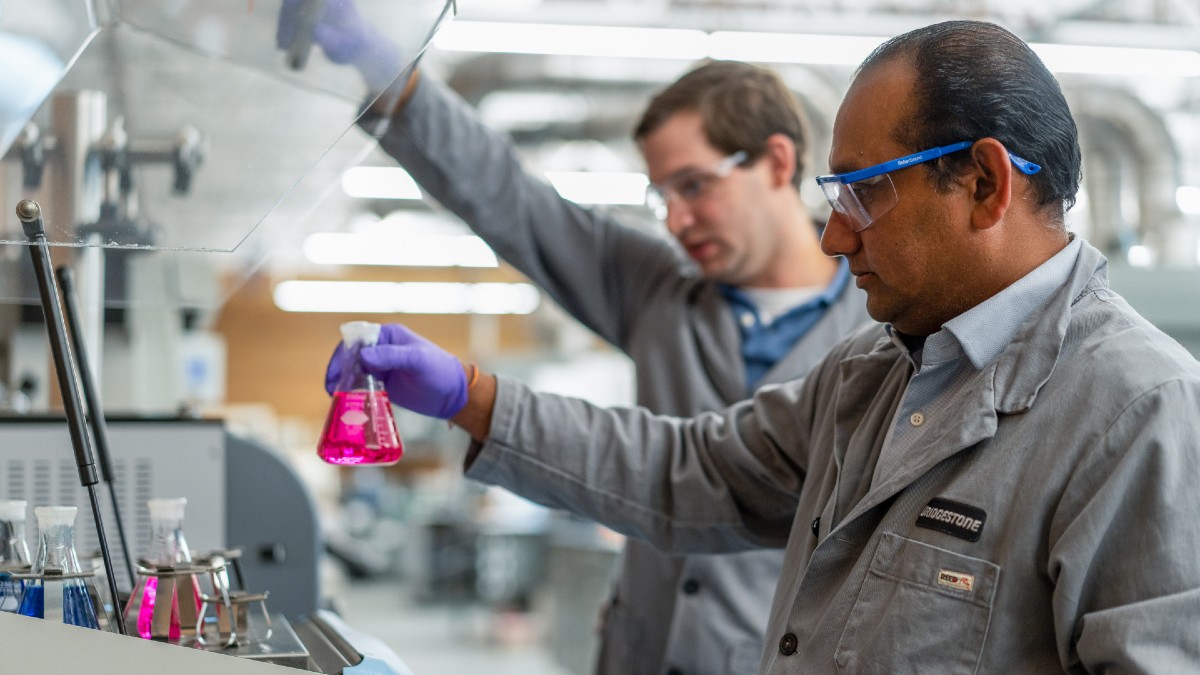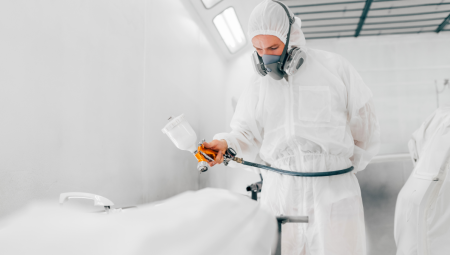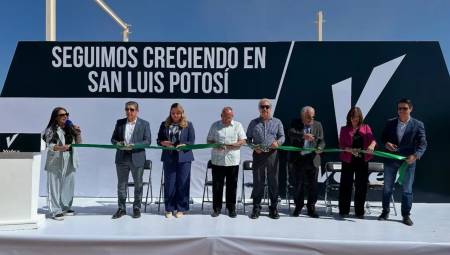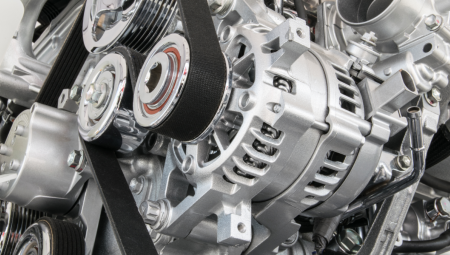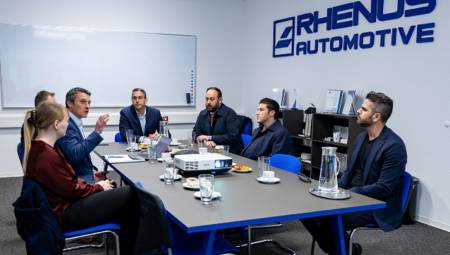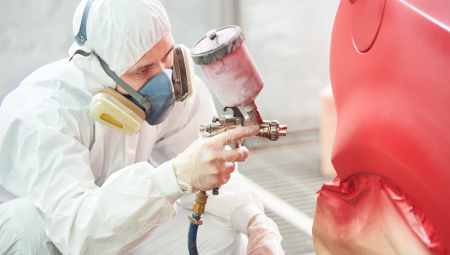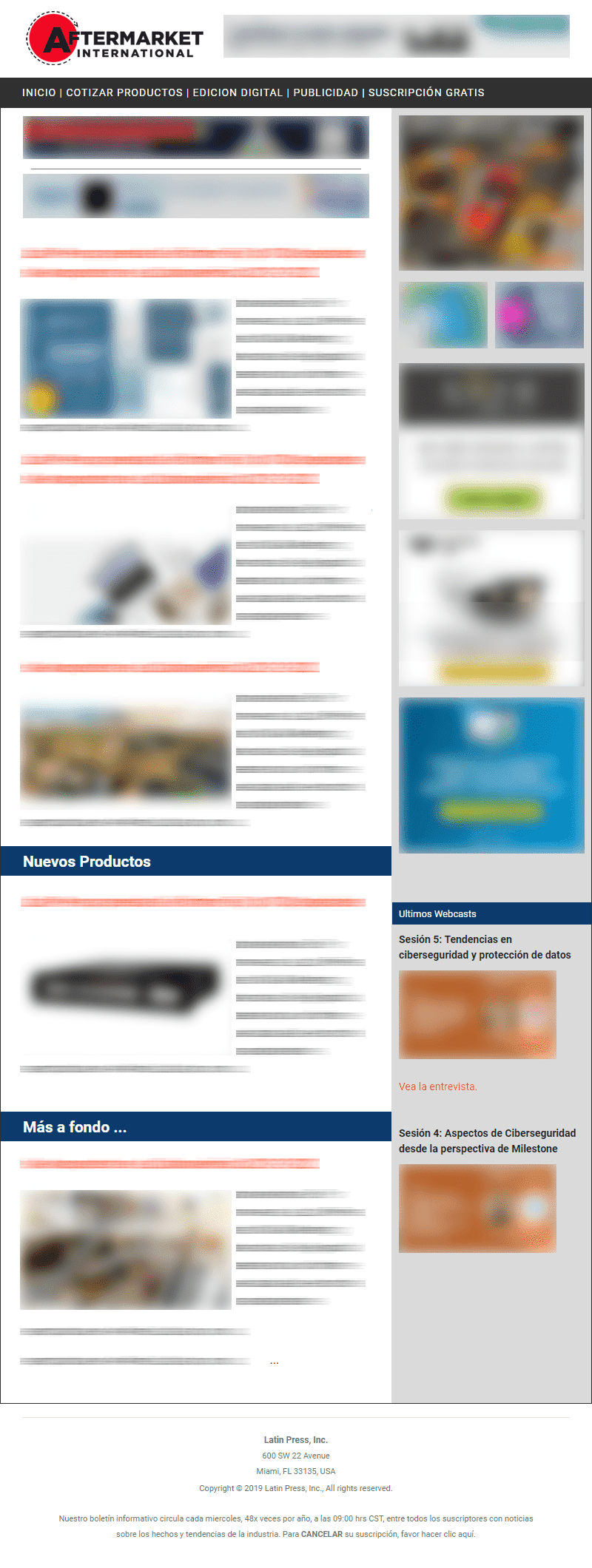United States. This grant will be used to develop an innovative pilot plant that could transform synthetic rubber production, away from fossil fuels.
The initiative will focus on converting ethanol to butadiene, a key component in tire manufacturing, using a more sustainable and potentially more economical process.
The project, which will be carried out between Bridgestone and the Pacific Northwest National Laboratory (PNNL), seeks to evaluate the feasibility of a thermochemical process that uses a patented catalyst jointly developed by both organizations. This technique could significantly reduce greenhouse gas emissions, aligning with the U.S. administration's goals of achieving a net-zero economy.
"This project marks a milestone in our efforts to transform the tire industry and contribute to the advancement of more sustainable technologies," said Dr. Mark Smale, executive director of Bridgestone's Basic Science of Polymers. "We are excited about the potential of this innovative process and appreciate DOE's support in this journey toward a greener future."
Butadiene, a derivative commonly extracted from fossil fuels, is essential in the production of synthetic rubber. Bridgestone's initiative not only seeks to test the economic feasibility of converting ethanol to butadiene, but also to explore how this new method could gradually replace the use of non-renewable sources in tire production.
Project Schedule:
- Year 1: Design of the pilot plant
- Year 2: Construction of the plant in Akron, Ohio
- Year 3: Start of operations and evaluation of results
This project reinforces Bridgestone's commitment to its sustainability-focused E8 Pledge initiative, with clear goals towards 2050, such as the use of 100% sustainable raw materials in all its tires globally.


